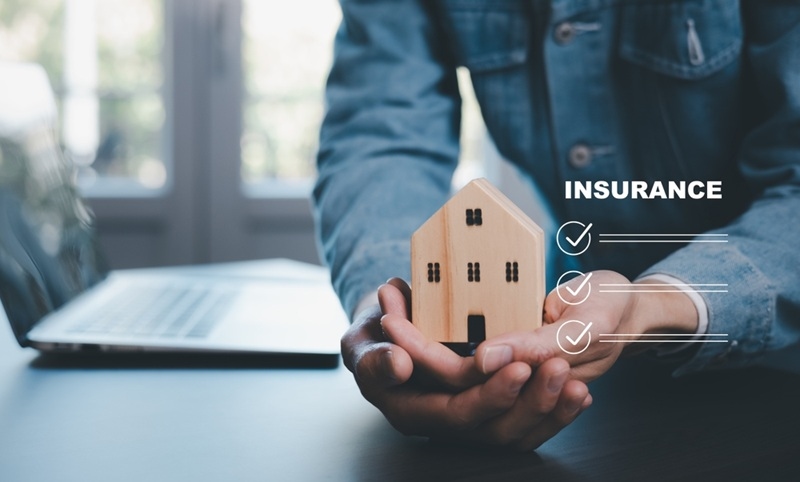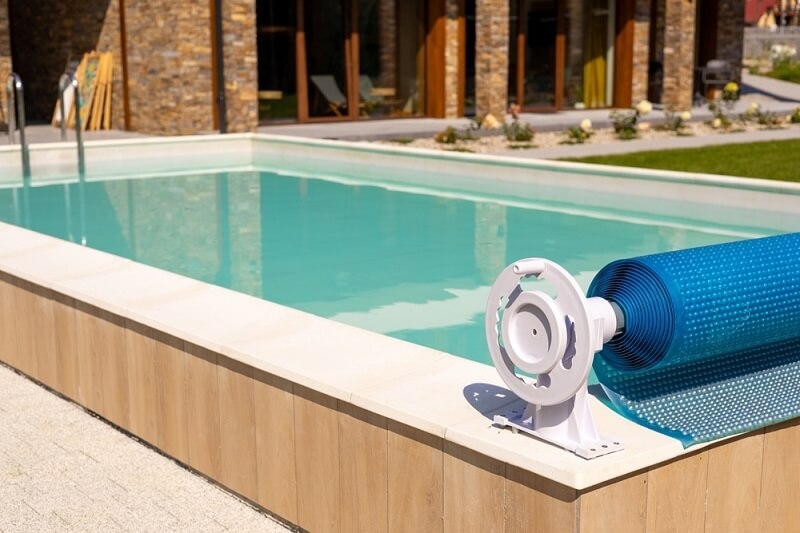Factors to Consider When Getting Best Homeowners Insurance
Factors to Consider When Getting Best Homeowners Insurance


Homeowners insurance is a crucial protection for your most valuable assetyour home. It provides financial coverage for damages caused by covered perils, such as fire, theft, and natural disasters. However, finding the best homeowners insurance policy requires understanding what it covers, how it's priced, and what factors influence its cost. In this comprehensive guide, we'll delve into the intricacies of homeowners insurance, exploring what it is, what factors affect its cost, surprising factors that impact your rate, and how endorsements can affect your premium.
Understanding Homeowners Insurance
Homeowners insurance is a form of property insurance that provides financial protection for your home and personal belongings. It covers losses and damages caused by covered perils, such as fire, theft, vandalism, and natural disasters. Additionally, homeowners insurance includes liability coverage, which protects you in case someone is injured on your property or if you cause damage to someone else's property.
Homeowners insurance typically consists of several types of coverage, including dwelling coverage (for the structure of your home), personal property coverage (for your belongings), and liability coverage (for legal expenses and damages). Overall, homeowners insurance is essential for protecting your home and finances from unforeseen events.
Factors that Affect the Cost of Home Insurance
Several factors can influence the cost of homeowners insurance, making it essential to understand how these factors impact your premium. Here are some key factors that can affect the cost of your home insurance:
Location of the Home
The location of your home plays a significant role in determining your insurance premium. Homes located in areas prone to natural disasters, such as hurricanes, earthquakes, or wildfires, typically have higher premiums due to the increased risk of damage.
Age and Construction of the Home
The age and construction of your home can also affect your insurance premium. Older homes may have outdated electrical or plumbing systems, which could increase the risk of damage and result in higher premiums. Similarly, homes constructed with fire-resistant materials may qualify for discounts on insurance premiums.
Coverage Limits and Deductibles
The amount of coverage you choose for your home and belongings, as well as the deductible you select, can impact your insurance premium. Higher coverage limits and lower deductibles typically result in higher premiums, while lower coverage limits and higher deductibles can lower your premium.
Insurance Company's Underwriting Guidelines
Each homeowners insurance company has its underwriting guidelines that determine how they assess risk and set premiums. Factors such as the company's claims history, financial stability, and overall risk tolerance can influence your premium.
Homeowner's Credit Score
In some states, your credit score may be used to determine your insurance premium. A higher credit score may result in a lower premium, while a lower credit score could lead to a higher premium.
Claims History
Your claims history can also impact your insurance premium. If you have a history of filing claims, especially for high-value items, insurers may view you as a higher risk and increase your premium.
Safety Features
Installing safety features in your home, such as smoke alarms, burglar alarms, and deadbolt locks, can help reduce your insurance premium. These features reduce the risk of damage or theft, making your home less risky to insure.
Know the Types of Homeowners' Insurance

Image Source: Insurance.com
Homeowners insurance comes in several different types, each offering varying levels of coverage to protect your home and belongings. Understanding the types of homeowners insurance available can help you choose the policy that best suits your needs. Here are the main types of homeowners insurance:
HO-1: Basic Form
HO-1 policies are the most basic form of homeowners insurance and provide coverage for a limited number of perils, such as fire, theft, vandalism, and certain natural disasters. This type of policy is not commonly used, as it offers minimal coverage compared to other types of homeowners insurance.
HO-2: Broad Form
HO-2 policies provide coverage for a broader range of perils than HO-1 policies. In addition to the perils covered by HO-1 policies, HO-2 policies also cover damage caused by falling objects, weight of ice, snow, and sleet, and water damage from plumbing, heating, and air conditioning systems.
HO-3: Special Form
HO-3 policies are the most common type of homeowners insurance and provide coverage for all perils except those specifically excluded in the policy. This type of policy typically provides coverage for the structure of your home and your personal belongings.
HO-4: Renters Insurance
HO-4 policies, also known as renters insurance, provide coverage for tenants renting a property. This type of policy typically covers the tenant's personal belongings and liability for accidents that occur in the rental property.
HO-5: Comprehensive Form
HO-5 policies provide the most comprehensive coverage of all homeowners insurance policies. They typically cover the structure of your home and personal belongings for all perils, except those specifically excluded in the policy. HO-5 policies are often more expensive than other types of homeowners insurance but offer the highest level of coverage.
HO-6: Condo Insurance
HO-6 policies provide coverage for owners of condominium units. This type of policy typically covers the owner's personal belongings, liability, and any improvements made to the unit.
HO-7: Mobile Home Insurance
HO-7 policies provide coverage for owners of mobile or manufactured homes. This type of policy typically covers the structure of the home, personal belongings, and liability.
HO-8: Older Home Insurance
HO-8 policies provide coverage for older homes that may not meet the replacement cost requirements of other types of homeowners insurance. This type of policy typically covers the actual cash value of the home, which takes depreciation into account.
Endorsements Affecting Home Insurance Premium
Endorsements, also known as riders or add-ons, are additional coverages that you can add to your homeowner's insurance policy to provide extra protection for specific items or perils not covered in the standard policy. These endorsements can impact your home insurance premium in several ways.
Firstly, adding endorsements to your policy will increase your premium. The cost of endorsements varies depending on the coverage they provide and the risk associated with the item or peril being covered. For example, adding an endorsement for expensive jewelry or art collections will likely increase your premium more than adding an endorsement for water backup coverage.
Secondly, endorsements can help you customize your coverage to better suit your needs. By adding endorsements for specific items or perils that are important to you, you can ensure that you have adequate coverage in the event of a loss. However, this customization comes at a cost, as each endorsement added to your policy will increase your premium.
Conclusion
Choosing the best homeowners insurance policy involves understanding what it covers, how it's priced, and what factors influence its cost. By considering these factors and understanding the nuances of homeowners insurance, you can make an informed decision to protect your home and belongings. Remember to review your policy regularly and update it as needed to ensure you have adequate coverage for your needs.
This content was created by AI



